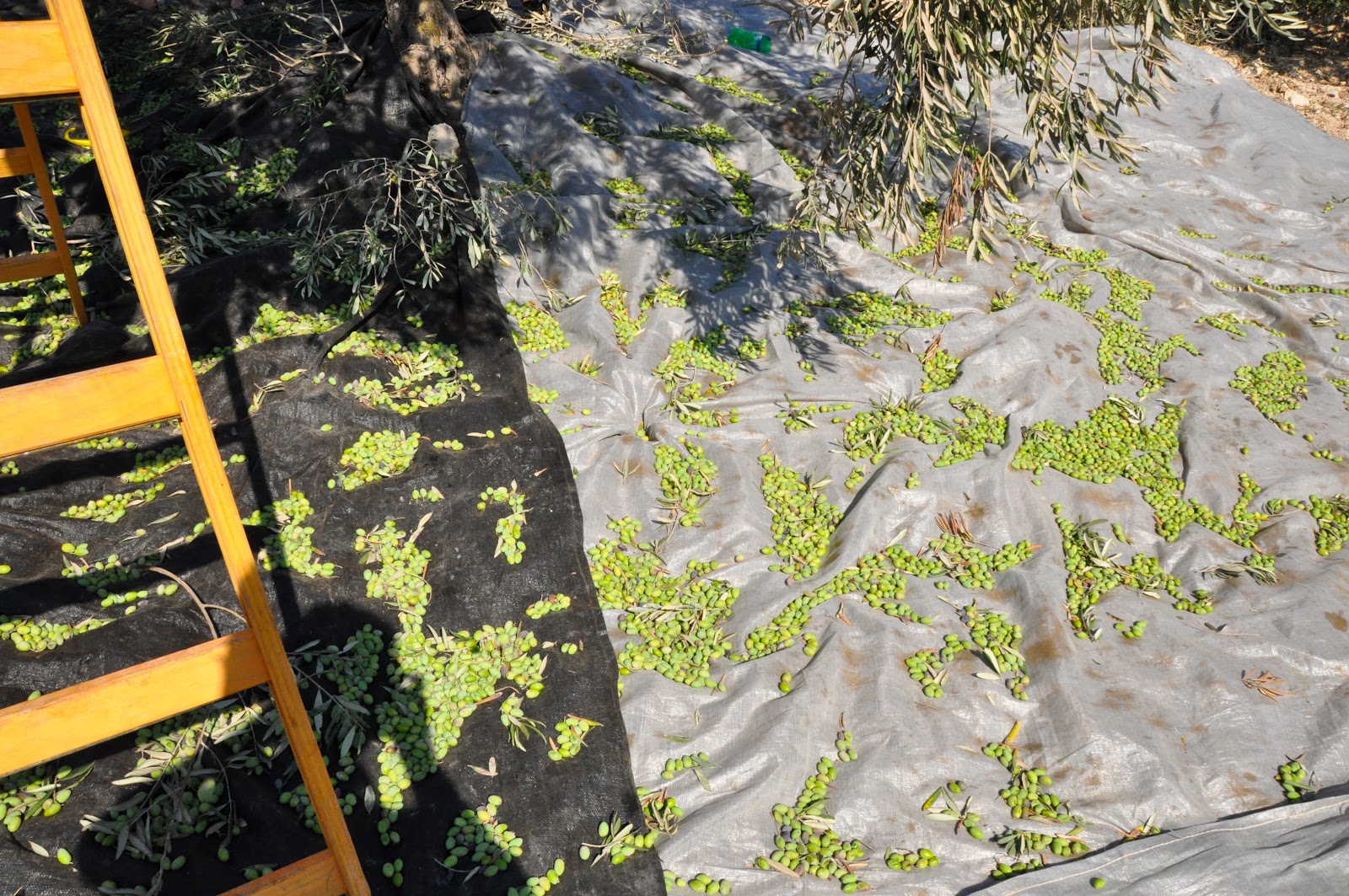 |
| Town of Burin with Settlement on the top of the hill |
In Palestine, leaving one’s country can
elicit many strong emotions. Emigrating is saddening for most because they
continue to see lands accessible to them shrink and their ancestral homelands
disappear, either through annexation by the Israeli wall, evictions, house
demolitions or building restrictions. The fact that the settlement practices in
the West Bank aim to force away Palestinians or control their population’s
prosperity and growth is obvious to most. Many who stay are proud that they
practice “Sumud” or steadfastness in the face of these threats. However, many
who can afford to leave often do. The criteria for immigration often depend on
material wealth and education or skills, effectively draining the society under
duress of its wealthiest and brightest.
I think of my own family history and I know
that it is shaped by war. Conflict and displacement are the reason why the
story of my origins is not a one-country answer. My grandmother’s family left
Haifa after the massacre of Deir Yassin spooked them and many others away. They
fled their homeland fearing for their and their children’s lives. My maternal
grandfather was imprisoned by the Syrian Baath party for being a member of the
political opposition and fled into Lebanon by night on a donkey when they freed
all the prisoners during the six day war. He died in Jordan during the
last years of the Lebanese civil war, never having seen Damascus again. I feel fortunate for the
life my parents have given me, free of war and violence, many others were not
so lucky.
The day we spent picking olives was
beautiful. There is a sense of duty to be efficient in our picking, either by
pinching the olives off one by one or gently combing the branches with a small
orange rake, but we never feel rushed. We chat about the weather here and in
Canada, children run around giggling and occasionally falling and crying, their
parents ask me where I’m from. We break for lunch in the shade of the tree with
three generations of the family and we are offered a beautiful spread of cheese,
tomatoes, cucumbers, zaatar, bread and last year’s oil. The olives we pick are
for the moment hard, bitter and inedible and will have to soak in brine or oil
for months to turn fleshy and delicious. The trees are slowly emptied of their
olive loads and their branches are pruned to allow them to grow stronger for
next year.
 |
| American volunteer with orange rake |





No comments:
Post a Comment